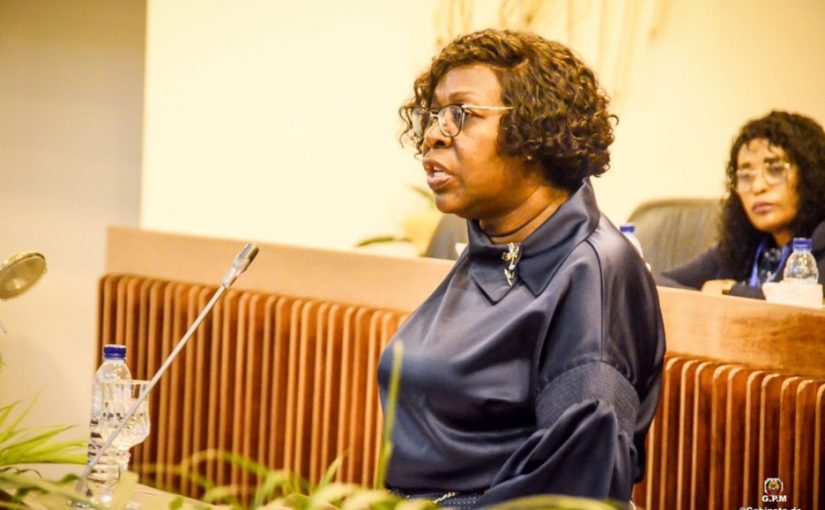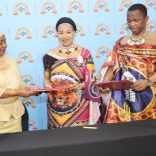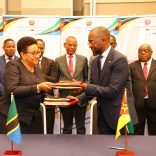Mozambique: Alberto Nkutumula becomes Constitutional Council judge
Mozambique: Government calls on parliament to greenlight five-year growth plan – Watch

Photo: Notícias
The Mozambican government on Thursday called for the approval of its Five-Year Government Programme 2025-2029, arguing that it provides the foundations for economic and social development and reducing poverty levels.
“We plan to build 7,440 kilometres of power lines; 3,492 classrooms for primary education; 14 district hospitals; 12,100 social housing units and 1,766 water supply systems in rural areas,” promised Mozambique’s prime minister, Maria Benvinda Levi, who presented the programme to MPs.
The minister argued in favour of approving the document, pointing out that it is an essential instrument for ensuring inclusive and sustainable growth, with a focus on diversifying the economy and creating jobs.
“We plan to implement programmes and sub-programmes that will allow us to reduce the pupil-teacher ratio from 68.1 to 55, raise the net enrolment rate in secondary education from 33% to 58% and the gross enrolment rate in technical vocational education from 8.2% to 11.2% and increase the coverage of social security programmes from the current 22% to 31%,” promised Benvinda Levi.
The prime minister promised average economic growth over five years of 4% excluding gas and 5.5% including gas and growth in per capita income from US$662 to US$736.6, including keeping the average annual inflation rate in single digits at around 4.5%.
The government also wants to fight corruption and ensure access to electricity and reduce the unemployment rate from 18.4% to 14.7%.
The Mozambican government has structured the programme around five pillars, namely national unity, peace, security and governance; structural transformation of the economy; social and demographic transformation; infrastructure, organisation and spatial planning and environmental sustainability, climate change and the circular economy.
The programme consulted by Lusa plans to increase the number of primary school classrooms built to quality and resilience standards to at least 3,492 by 2029 and to hire more than 58,000 primary and secondary school teachers.
The government also plans to increase to almost 1,000 the number of public institutions with technicians trained in sign language and also to almost 1,000 the number of public institutions with technicians trained in mobility and orientation for visually impaired people, according to the five-year programme.
The executive hopes to increase the number of pupils benefiting from the National School Feeding Programme (PRONAE) to almost 4.5 million.
In health, the government plans to train almost 300 specialised doctors in different areas, carry out cervical screening for more than 10 million women and vaccinate more than 7 million children against malaria.
Also in health, it is planned to make medicines available to around 90% of all health units by 2029 and to train and raise awareness among more than 5 million young people on matters of sexual and reproductive health, premature unions and HIV, among others.
The government also plans to acquire at least 10 new aircraft by 2029 and invest in public road passenger transport with more than 600 operational buses.
With regard to social security, by 2029 the government plans to cover at least 5 million beneficiaries of the Basic Social Subsidy (PSSB) and to take almost six million households living below the poverty line out of poverty through basic social security programmes, as well as benefiting almost 500,000 people with Direct Social Support.
The government also wants to provide support to almost a thousand children who are victims of trafficking, kidnapping, child labour, abandonment and violence and wants to successfully integrate at least 3,500 children who are victims of premature unions into education and assist almost a thousand elderly people who have been abandoned.
The programme also plans to have almost 4 million homes using domestic gas by 2029.













Leave a Reply
Be the First to Comment!
You must be logged in to post a comment.
You must be logged in to post a comment.